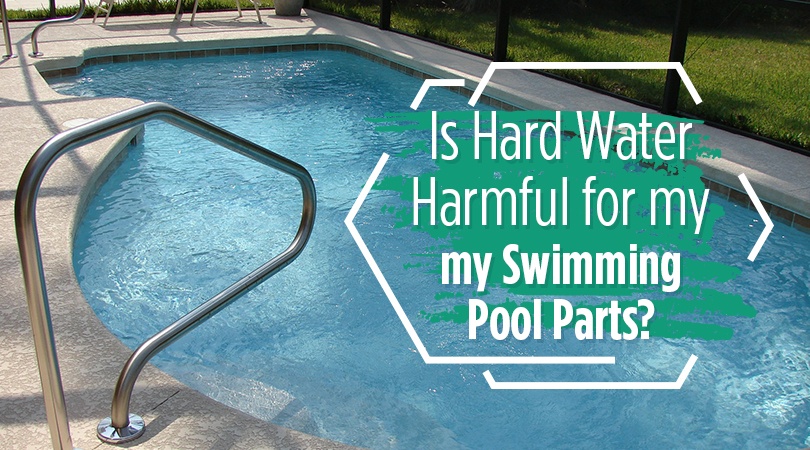 You are a responsible pool owner. You regularly check your pool levels to make sure the chemicals are balanced and perform weekly maintenance checks. Unfortunately, though, like most Floridians, you are dealing with hard water. Hard water, while not ideal, is not the end of your fun-filled days in your swimming pool.
You are a responsible pool owner. You regularly check your pool levels to make sure the chemicals are balanced and perform weekly maintenance checks. Unfortunately, though, like most Floridians, you are dealing with hard water. Hard water, while not ideal, is not the end of your fun-filled days in your swimming pool.
This is a question many pool owners ask. And rightly so. When you test your pool's levels, hard water is one of the tests that you perform, along with pH and total alkalinity. Hard water means you have high levels of calcium and magnesium. Proper levels for the calcium range are from 200 -400 ppm. If your levels are higher than that, then yes, unfortunately, hard water can be harmful to your swimming pool parts.
When the calcium levels in your swimming pool are above 200 -400 ppm, scaling occurs. Scaling is what is harmful to your pool. Scaling creates cloudy water, as well as, calcium deposits on your pool surfaces. Deposits form on the walls of your pool, the ladder, lights, and worse inside pipes and pump components. Excessive scale buildup also causes damage to your filter.
Proper pool maintenance is vital. Start by keeping your chemical levels balanced. It is essential you maintain a calcium level of 200 - 400 ppm. Another way to prevent buildup is to brush the pool walls regularly. If you do have calcium deposits already on your pool walls, it will take some muscle and possibly a wire brush, to remove the buildup.
If you are having an issue keeping your levels balanced, ook into a sequestering agent, which helps bond the calcium and keeps it sequestered. If a sequestering agent does not do the trick, another option is dilution.
To dilute your current pool water, you need to first drain some of the water. Then you need to refilll it with softer water. You can either use water that has been filtered through a home water softening system or have water that has already been treated delivered. Adding the softer water to your current hard water will lower the calcium level.
If you have neglected your hard water and the buildup is beyond your ability to restore, or if the deposits have caused damage to your pipes or pump, you will need to contact a professional.

With over 20 years of reputable experience finding leaks, owner Lowell Ball created a unique and patented leak detection system that accurately finds leaks without damaging property. We are so confident in our system and our workmanship, we offer the strongest warranty in the industry.
Aquaman Leak Detection Corporate
1275 South Patrick Dr, Suite A6
Satellite Beach, FL 32937
Owner Direct: 321.431.4784
844.766.5532 (844 POOL LEAK)
info@aquamanleakdetection.com
Office Hours:
9AM-6PM Mon-Fri
Emergency Service Available 24/7
Blog Comments